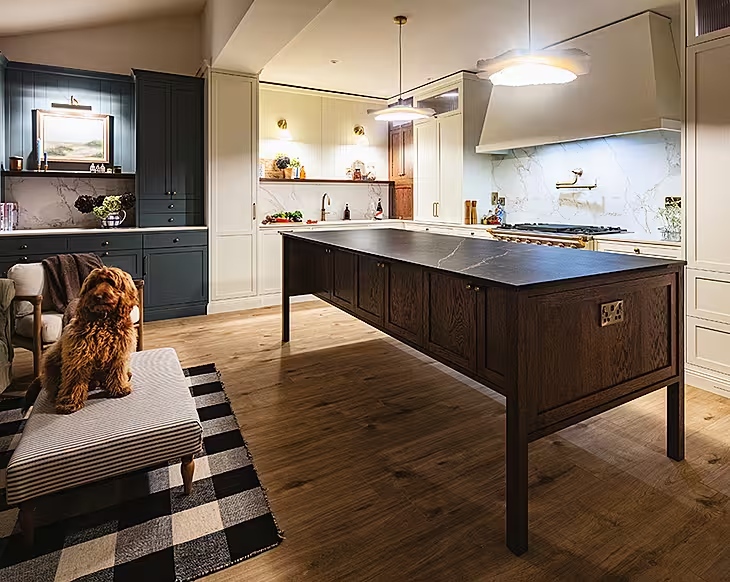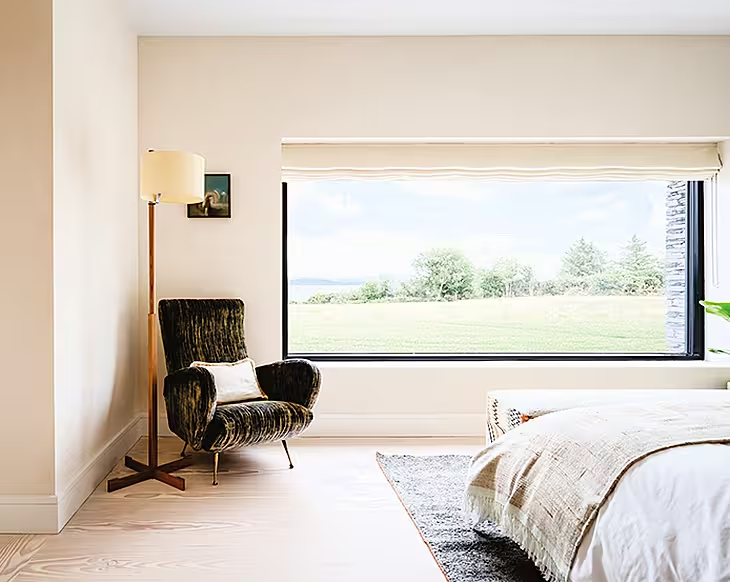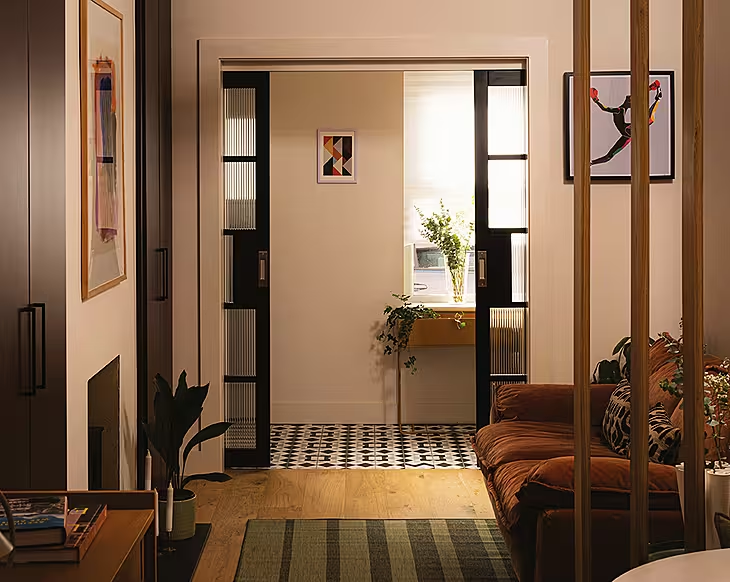We just released our Irish Home Renovator Survey Results 2020, and one of the biggest concerns you had was around hidden renovation costs.
Just over a third of those surveyed - 36% - said their biggest worry was around unexpected bills or surprise costs, that have the potential to push the project over budget.
Hidden renovation costs are almost part and parcel of the renovation process - it's rare a project goes to completion without at least a couple of (sometimes pricey) add-ons to the bill.
Going into your renovation informed and financially prepared will reduce the chances of huge stress and help you on your way to smooth(ish!) sailing.
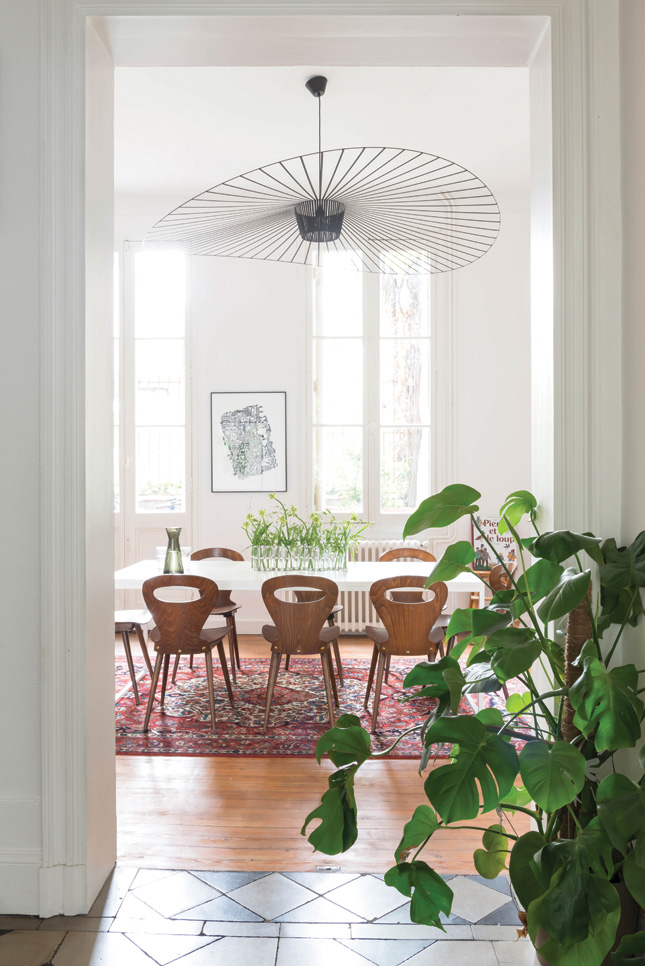 Image: Karen's 1890s home had a mammoth renovation
Image: Karen's 1890s home had a mammoth renovation1. Identify load-bearing walls early on
A lot of people's renovations and extensions transform their existing spaces into more open-plan living spaces, which is all well and good. But before you ask for a wall to be torn down to create your new space, have your team determine the load-baring walls.
Check which walls pipes and ducts are running into and consider the locations of your radiators to make sure those same walls aren't hiding pipes and plumbing you weren't planning to replace.
2. Consider your electrics
In a similar vein, layout changes can mean relocating sockets, lights, switches and other electrical outlets so it's important to factor in the cost of rewiring. And with all things electrical, those costs will depend on how complex the changes you want to make are.
If you're having anything electric added or changed, you'll need to get an electrician in to upgrade the wiring and potentially create separate circuits to work in your space, so allow room in the budget for this.
 Image: Cecile's beautiful renovated loft apartment
Image: Cecile's beautiful renovated loft apartment3. Bringing your home up to code
Many homes under renovation in Ireland are period properties and older houses, and no matter how well-built they were, there's a good chance that the building codes have changed since. They may be smaller details, even down to wiring, but it's an added expense.
Your contractor has to meet these codes and regulations, so you'll have to shell out for it. While annoying for some, it probably will help you prevent bigger problems down the line.
Chat with your contractor when discussing your quote and see if they can predict any issues you might run into, and the likely cost of bringing them up to scratch, so you can mentally prepare for it.
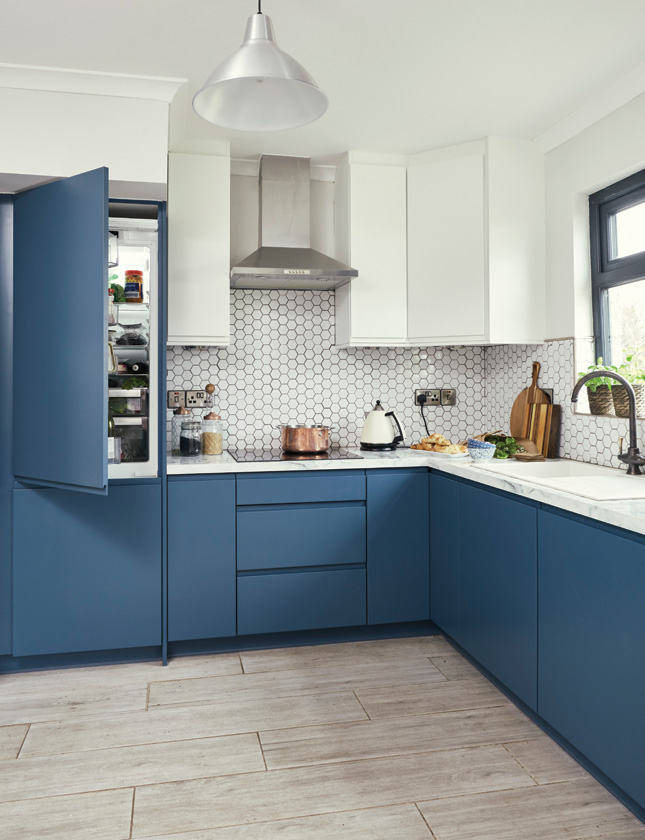 Image: Linda's kitchen renovation
Image: Linda's kitchen renovation4. Plan for removal of fittings and finishes
Before your renovation work starts, it's important to make sure you have the details ironed out with your contractor as to who is responsible for getting ride of your existing fittings and finishes once they're taken out of your space.
It's worth double-checking with your contractor that this is included in their quote if they have agreed to look after it, as opposed to a surprise bill at the end. If they aren't taking care of the disposals, you'll need to budget for it yourself.
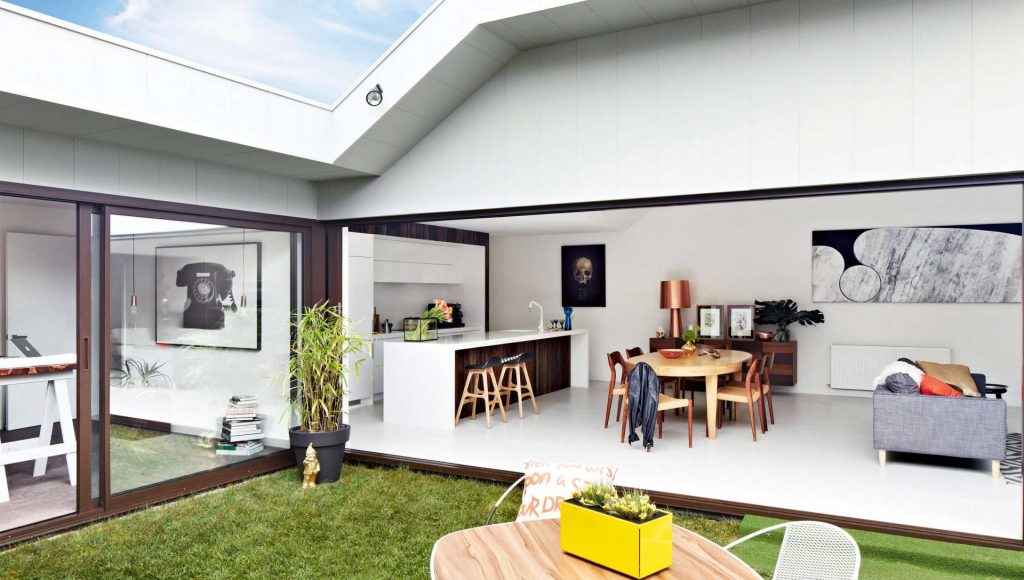 Image: Agata's top to toe cottage renovation
Image: Agata's top to toe cottage renovation5. Fixing old workarounds
When you move into a house that isn't a new build or a self build, chances are the previous owners have possibly taken a few shortcuts or put in less than ideal workarounds to problems.
It was likely one of those things where they put a new roof on top of a patchy old one as a temporary measure, or they DIY'd a laundry room and had to do some creative plumbing to get water to flow into the new space - in a way no professional would have done it.
Chances are if these cheap workarounds exist in your space, your contractor will discover it as the project moves along, and fixing them to bring them up to proper working order will cost you extra. Having a little leftover in the budget for these kinds of finds is advisable if you have any hint the previous owner was a bit of a handyman.
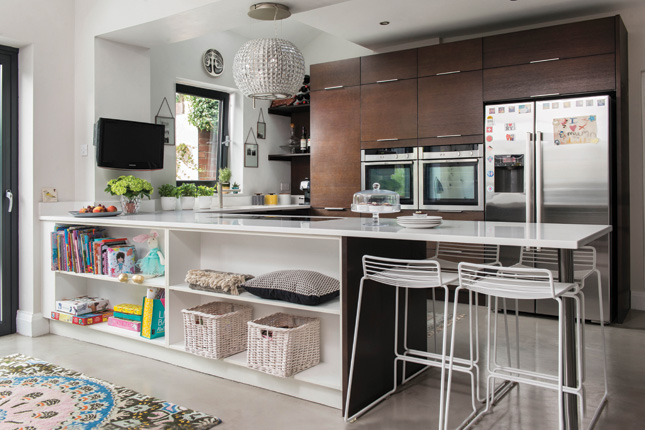 Image: Anna's renovated 1930's semi-detached home
Image: Anna's renovated 1930's semi-detached home6. (Dis)Organisational delays
On a building site, time is definitely money, so you don't want to be the person holding the whole show up. You can be guaranteed that your contractor will charge you for it.
Have all your documentation complete, and all your fixtures, fittings and finishes picked out and secured, where possible.
This means when the project starts, your building team have clear plans, a clear idea of what you want and where, and there's nothing to slow them down that's your fault.
 Image: Anna Atwal's Edinburgh home
Image: Anna Atwal's Edinburgh home7. Day-to-day expenses
Try and figure out with your contractors how they are going to work, and how it's going to affect your day to day life. For example, if your kitchen makeover project is set to take two months, how many days of those eight weeks will you not have access to things like your fridge, your hob or your appliances.
They may need to cut you off for a few weeks, or they may be able to keep it to a minimum number of days or offer you temporary solutions, but you'll need to factor in that you'll need to eat out or order in all your meals those days. Especially if you have a whole family to feed, this can certainly add up.
One of the day-to-day expenses many people overlook is actually where their pets will live while work is ongoing. Pets often don't mix well with renovations - between strangers traipsing in and out of the house, to loud noises and dusty conditions, it may be necessary to board your pets or ask a friend or family member to pet-sit for the duration.
It depends on the kind of pet you have and the kind of work you're having done, but you need to consider whether your work crew can get on with their job while you're not there, without you worrying about your dog running out to the road or a cat crawling into an open wall, or the like.

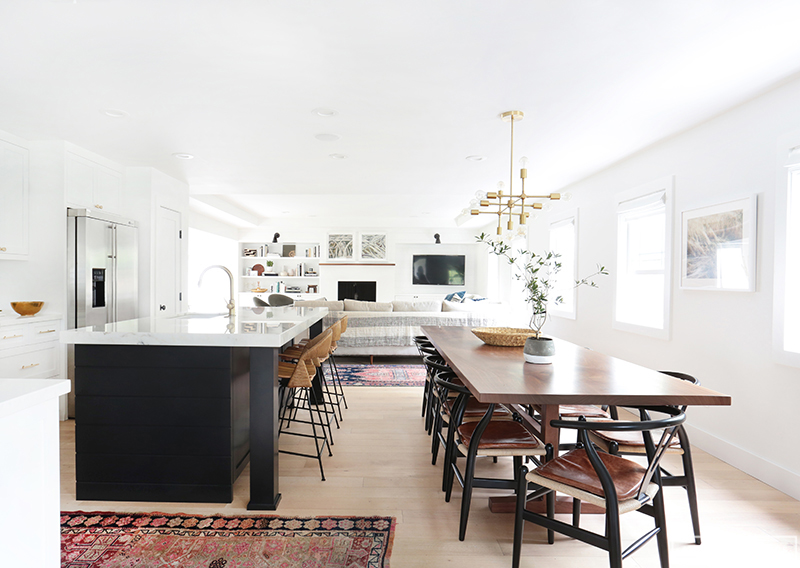 Image:
Image:  Image:
Image: 



